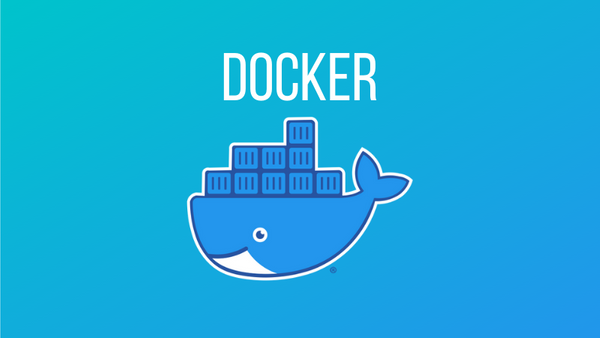Write any tagline here..

Introduction:
In the era of containerization and cloud computing, Docker has emerged as a transformative technology, revolutionizing the way applications are packaged, distributed, and deployed. With its lightweight and portable nature, Docker has gained widespread popularity among developers, enabling them to streamline the development process and enhance application scalability. In this article, we will explore the world of Docker, its fundamental concepts, benefits, and its impact on modern software development.
Understanding Docker:
Docker is an open-source platform that provides a containerization solution for packaging applications and their dependencies into standardized units called containers. It allows developers to create lightweight, isolated environments that can run consistently across different operating systems and infrastructures. Docker simplifies the process of building, shipping, and running applications by encapsulating all the necessary components, including code, runtime, system tools, and libraries, into a single executable unit.
Key Concepts and Components:
Docker operates based on several key concepts and components:
Images: Docker images are read-only templates that serve as the building blocks for containers. They contain the application's code, dependencies, and configurations.
Containers: Containers are the runtime instances of Docker images. They are isolated environments that encapsulate the application and its dependencies, providing consistent and reproducible execution.
Docker Engine: The core component of Docker, the Docker Engine is responsible for building, running, and managing containers. It consists of a server and a command-line interface (CLI) tool.
Registries: Docker registries are repositories that store and distribute Docker images. The Docker Hub is the default public registry, but private registries can also be used.
Benefits of Docker:
Docker offers numerous benefits for developers and organizations:
Portability: Docker containers are highly portable, allowing applications to run consistently across different environments, from development to production, regardless of the underlying infrastructure.
Scalability: Docker's lightweight nature and ability to scale containers up or down quickly make it ideal for handling dynamic workloads and ensuring resource efficiency.
Isolation and Security: Docker containers provide isolation between applications, preventing conflicts and enhancing security. Each container runs in its own environment, reducing the risk of system-level issues.
Efficiency: By eliminating the need to install and configure dependencies on host machines, Docker simplifies the development and deployment process, saving time and reducing complexity.
Collaboration and Reproducibility: Docker enables developers to share and distribute applications as Docker images, ensuring consistent environments across teams and facilitating collaboration.
Use Cases and Adoption:
Docker has found extensive use across industries and a wide range of use cases. It is particularly beneficial for microservices architectures, where applications are decomposed into smaller, independently deployable services. Docker is also valuable for Continuous Integration and Continuous Deployment (CI/CD) pipelines, simplifying the building, testing, and deployment processes.
Conclusion:
Docker has transformed the way applications are packaged, distributed, and deployed, empowering developers and organizations to
Your email address and mobile will not be published.





Comments (0)